Beautiful and mysterious — and ultimately tragic — was the young woman we still call "The Hobo Girl.” A 29-year-old vagabond, Patulla Williams quietly traveled the country with her dog Ashes, hopping from one train to another like a footloose wanderer from another era.
On an April night 12 years ago this week, Patti, as she sometimes called herself, rambled into West Virginia. The next morning she ambled into Joe Dobbs’ Fret 'n Fiddle music store in downtown St. Albans, where she struck up a bit of talk with a fellow customer, singer Jim Snyder, who was set to host a Flood concert that very night at the newly renovated Alban Arts & Conference Center. During their chatting, Jim and Joe learned Williams was a singer/songwriter, so they invited her to do a tune at the show as The Flood’s guest.
It was a fun evening for The Flood and its extended family. Long-time friend Douglas Imbrogno did the warmup for the show. Folk and jug band songs, swing and fiddle tunes followed in The Flood sets, along with the usual laughs and tall tales. Here’s audio of the opening number. While we had a bunch of friends in the crowd, it was a first-time Floodification for others and they seemed to take to it. The show ended with a standing ovation and two encores.
Meanwhile, backstage that evening, Patulla visited with The Floodsters and instantly won everybody's heart with her brilliant smile and with her stories from the road. She told us she lived “in the woods” and usually traveled north for the summer, south again when cold weather came. She was born in Missoula, Montana, she said, and her mother, who also used to go hoboing, taught her to read, but Patti said she had never been to school.
She was 13 when her mother died. She and her brother spent time in a foster home, but eventually she hopped her first train and had lived off the grid ever since. Patti said she loved history and learned about it by reading historical markers as she traveled. She also went into libraries and used the computers.
Having little need for money, she said she ate by dumpster-diving. (Pizza places were especially good sources because they threw out great stuff right before they closed.) She said she had taught Ashes to hunt for meat that she could dry to eat later. That night at the concert, she wore a skirt made from elk hide she said she tanned herself following tips she had gleaned from the Internet.
She had troubles on the road. She said she was held captive for years by a man who beat and abused her and threatened to kill her. To some states she couldn’t go, she said, because she was in trouble with the law there. She gave herself a number of different names. Patty, Gypsy, Matilda, Hermit.
Hopping trains is a federal felony, but Patulla said she had lots of friends (brakemen mostly) on the trains who help her. Boxcar doors were usually not open anymore, she said, so she hiked up the track until she came to a signal and there she hid. When the signal was red, the train had to stop, then she climbed the ladder and rode the top of the car. She also hitchhiked when there were no trains.
Patti interrupted her stories to go on stage with Jim to share one of her tunes with a wowed audience. Here’s a video of that special moment.
After that night we never saw Patulla Williams again. In a few days, she hopped another train and was gone, saying she was heading west maybe, Nebraska, maybe. A week later, from somewhere down the road, she stopped in at a library to write Jim Snyder, saying, “Oh, that was fun. Thank you for having me in St. Albans. I’ll remember this forever…!”
But soon hard times snagged her again, this time fatally. Eight months after that joyful night in St. Albans, we were shocked to learn that Patti was dead. Her body was found hanging in a jail cell in a town called Uvalde in southwest Texas, where she had been arrested on another train.
More confusion over names followed. Police say the woman they took from the boxcar that December night told them her name was “Matilda Katovich” and that she was from Bulgaria. It was after her death, which the county coroner ruled a suicide, that the sheriff located an estranged husband in Nebraska who reported Patti’s married name was Patulla Ebony Rohrbaugh. The body was sent to Pawnee City, Nebraska, for burial. Ashes went to live with Patti’s relatives in Louisville.
“This is My Normal”
Controversy still surrounds Patulla Williams’ lonesome death — she reportedly told police she was severely claustrophobic and would kill herself if jailed; her cell was visible at all times on a video monitor but her jailers did nothing to stop her slow and painful passing — but there was one bright light at the end of the young wanderer's life.
It turns out that a week or so before she came to West Virginia, Patulla was in Winston-Salem, NC, where she caught the eye of veteran filmmaker Martin Tucker, who spent a day with her. The result was “Patty: This is My Normal,” Tucker’s documentary film, which a year later played to a sold-out crowd at a North Carolina film festival. Here’s Tucker’s trailer for his film:
As he later told a newspaper reporter, Tucker passed Williams while walking down a Winston-Salem street that spring day, exchanging glances and smiles. "She was going one way, and I was going the other. She had an enormous smile, and something told me that she had a story.”
"She was friendly, open and charming," Tucker said. "It seemed like she was happy with her life. … I was enamored with her, just who she was as a person."
Postscript
Our friend writer/artist Carter Taylor Seaton met Patula the same night The Flood did. A day or two later, the two of them met again in Huntington and Patti shared more of her life's story.
Eventually, Carter wrote a short story based on her talk with Patti that was published in the Appalachian Anthology put out annually by Shepherd College. Click here to read Carter’s story, called “Rainbow Dreams.”

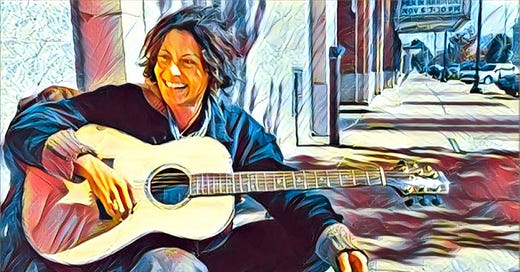



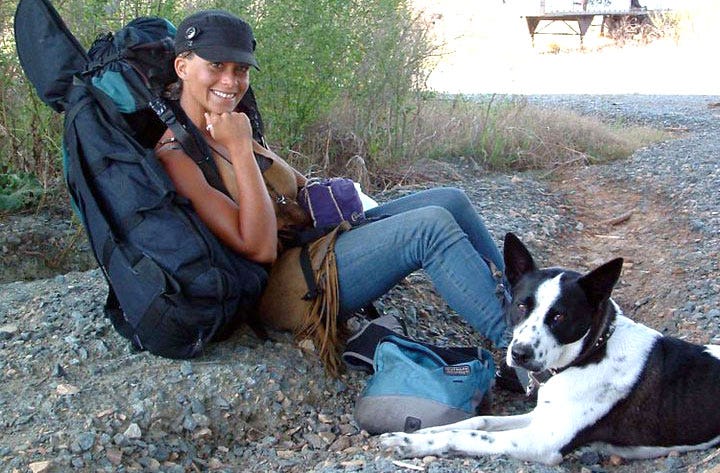
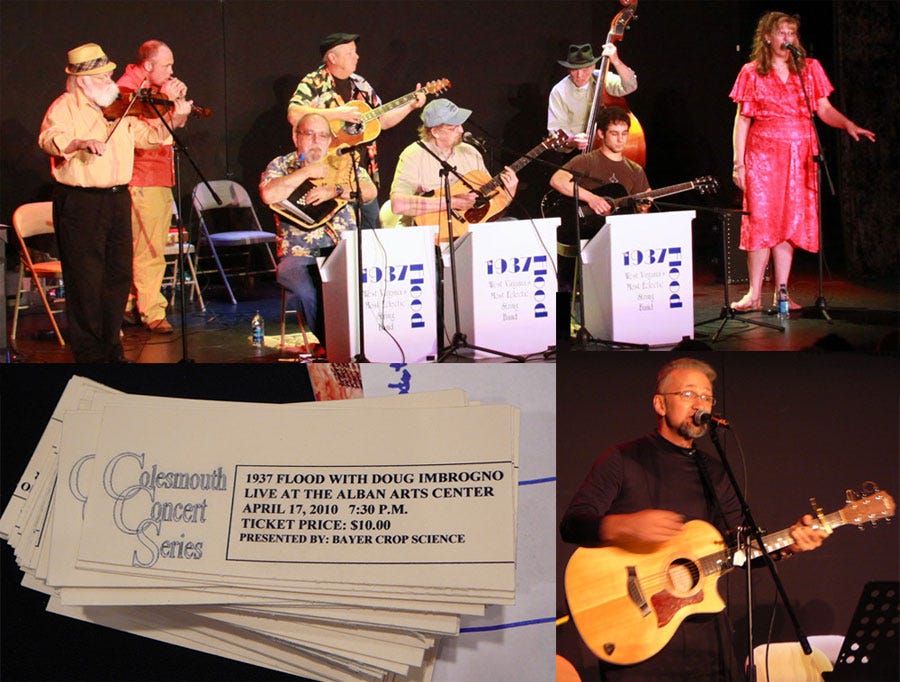
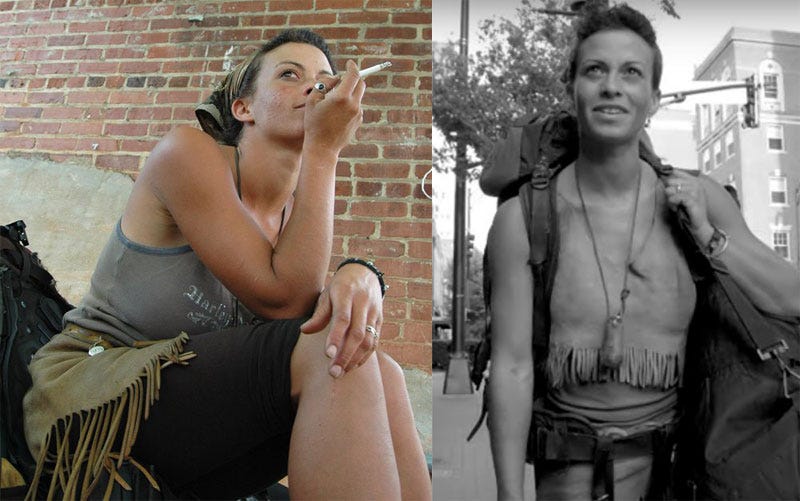
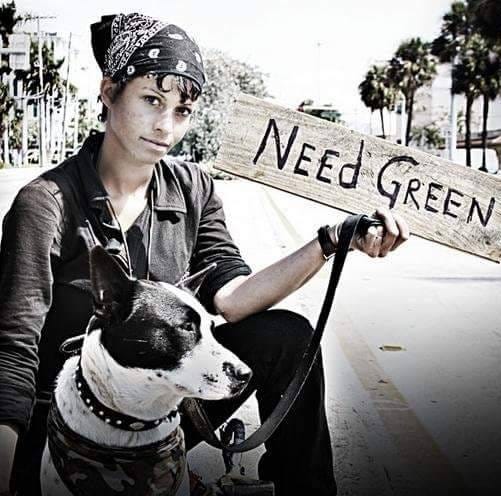
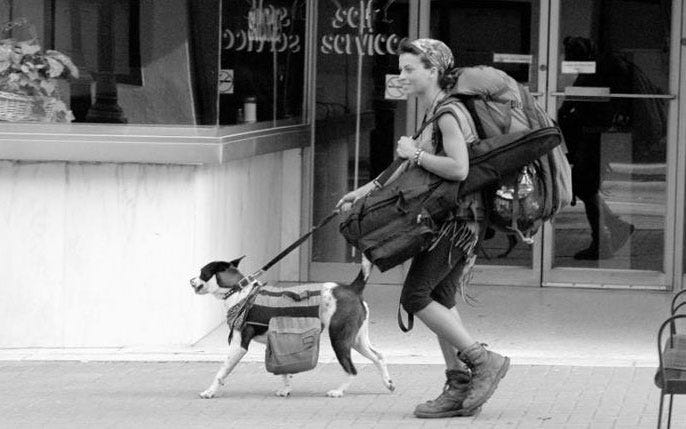
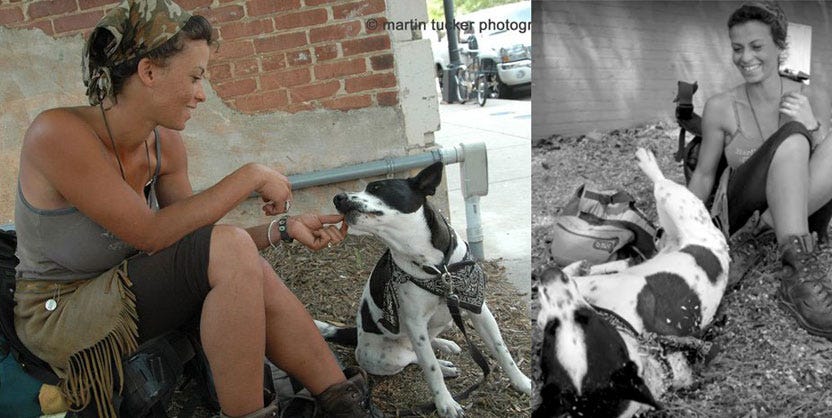

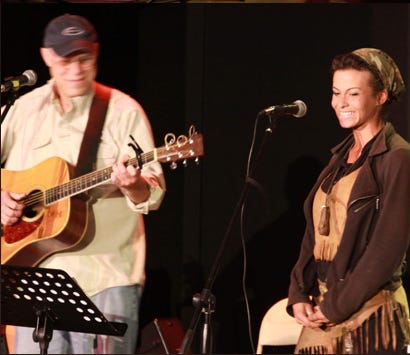
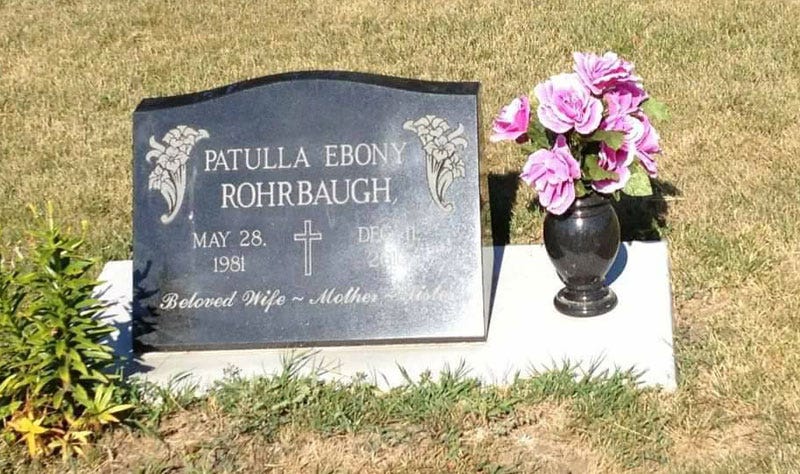
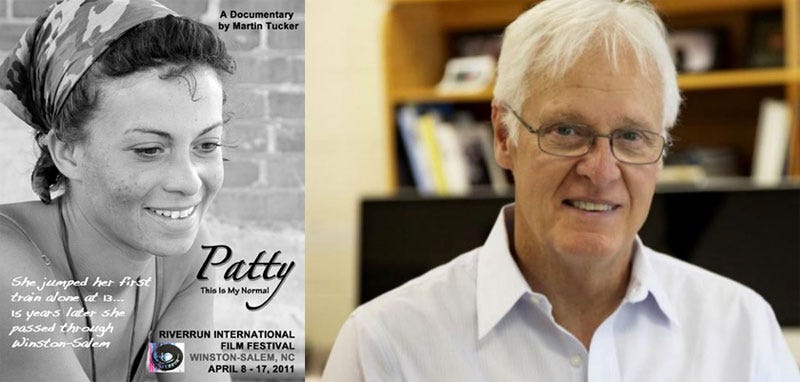
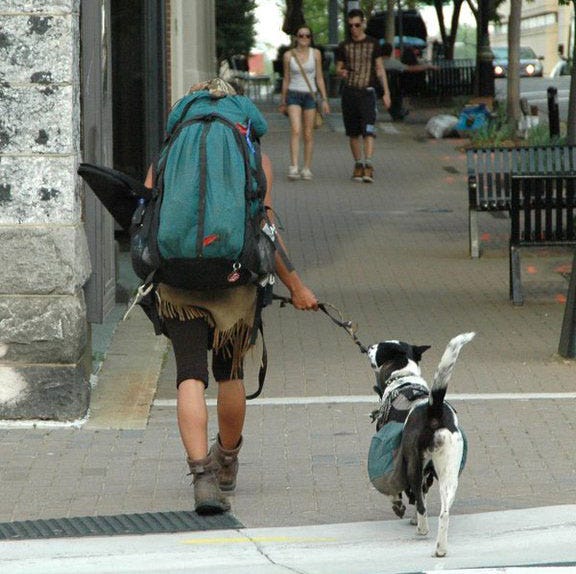
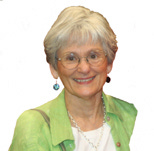
so sad to watch her sing Railroad Copper after reading her story but what a story
Such a sad story Charles. I re-read it again this morning. In any other circumstances she could her life could have been so diferent.